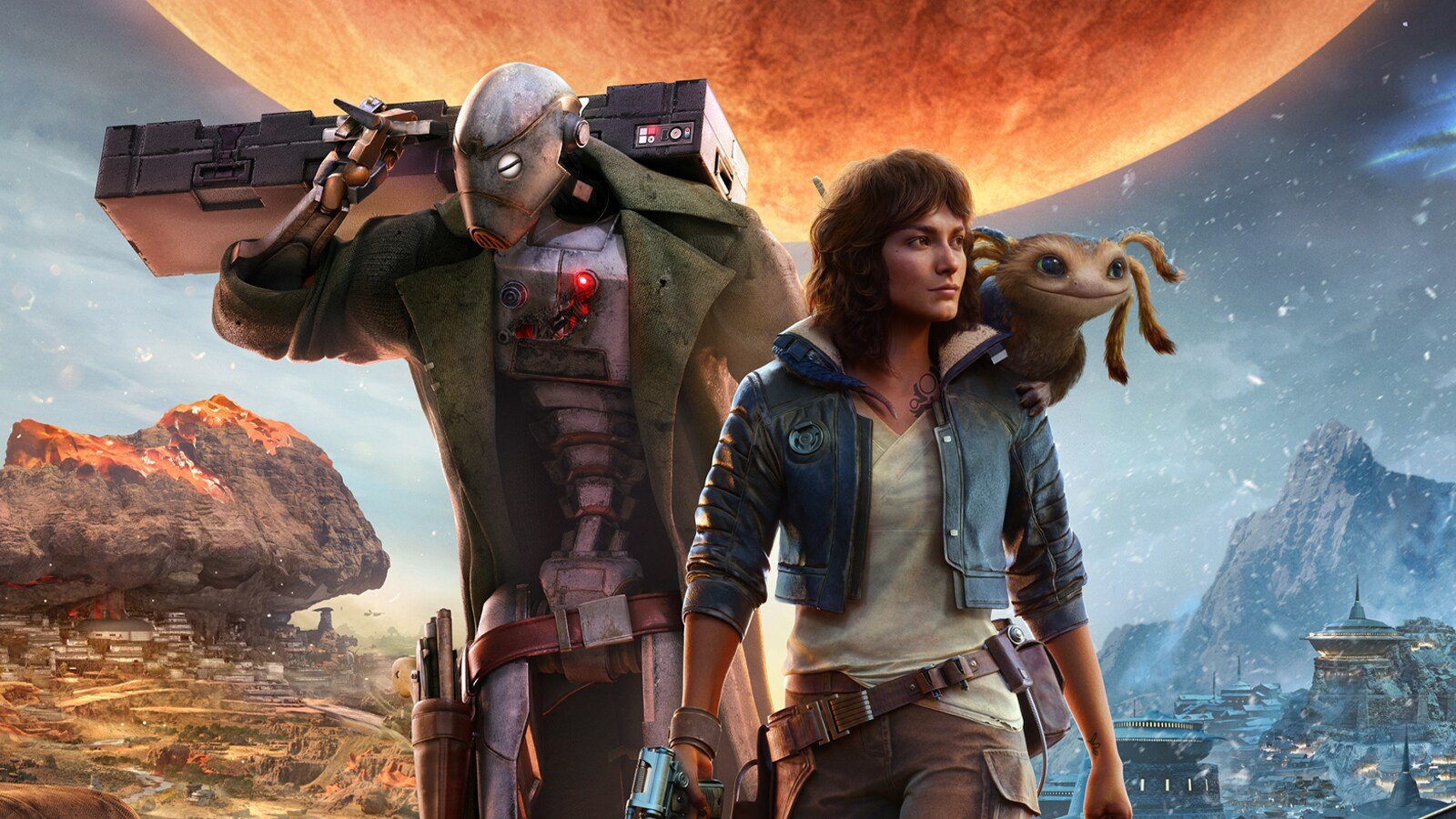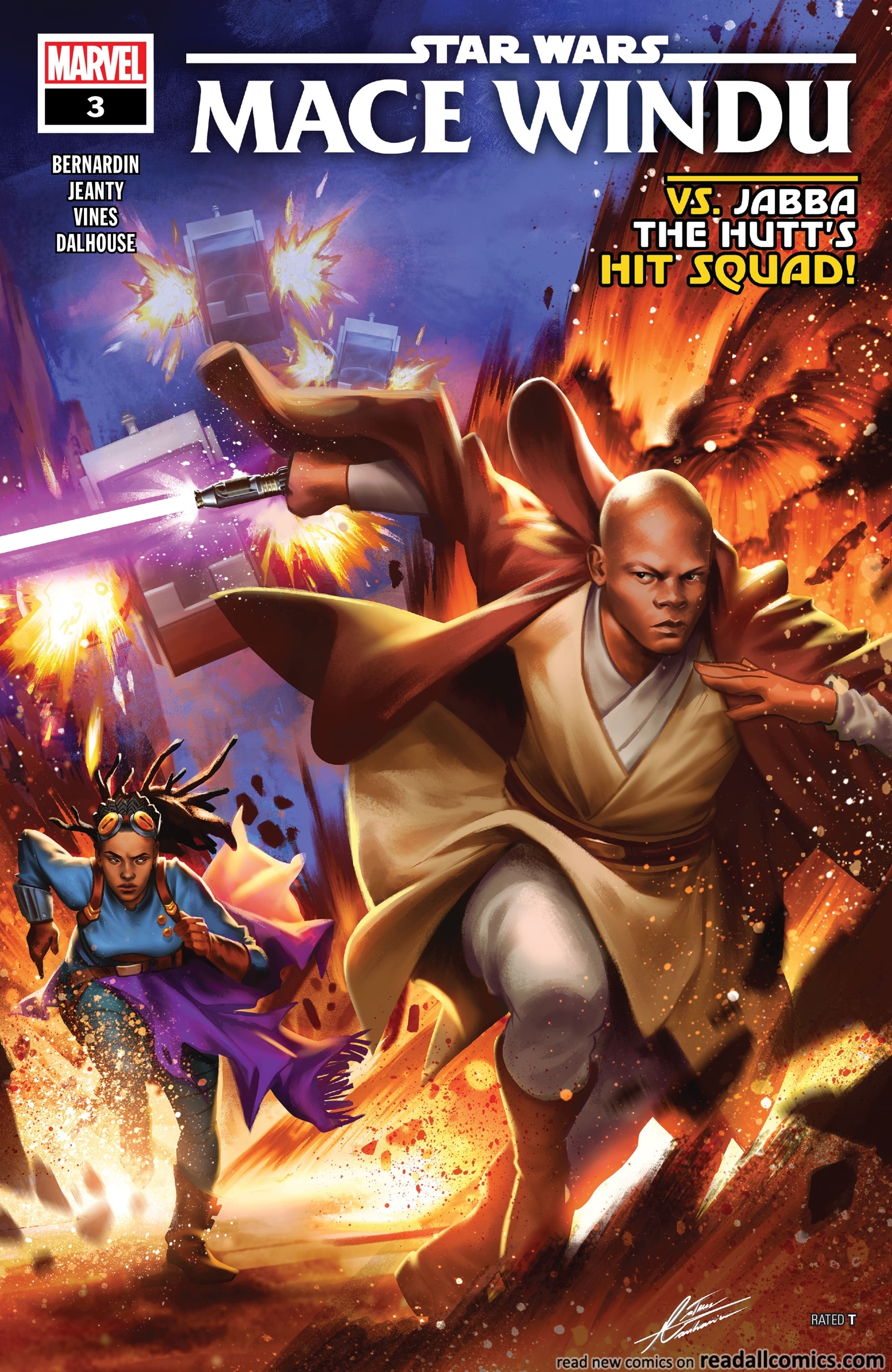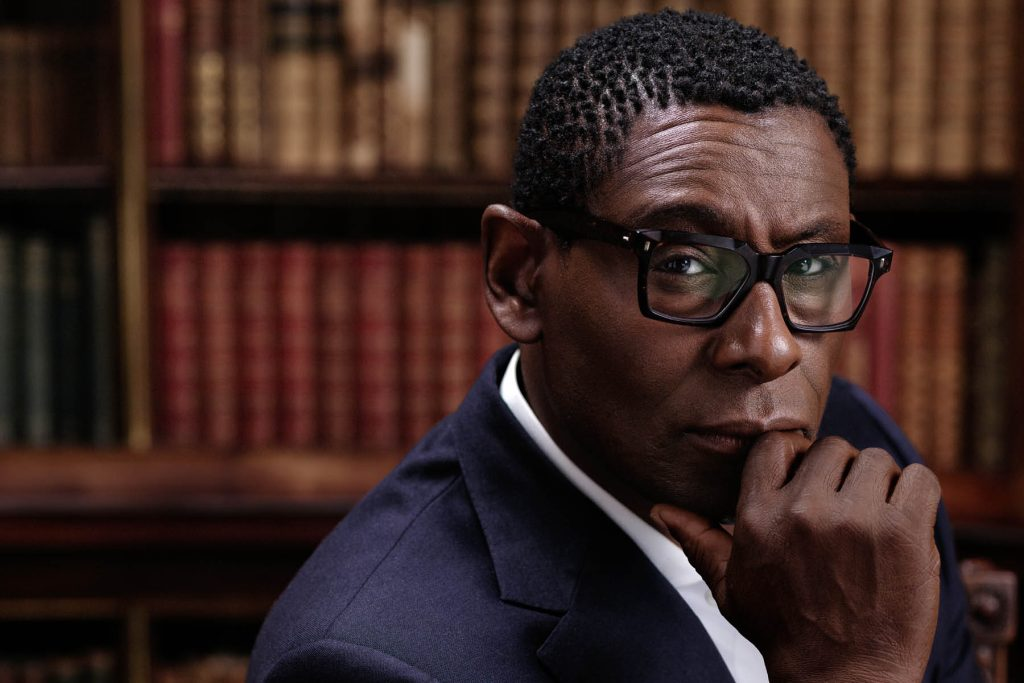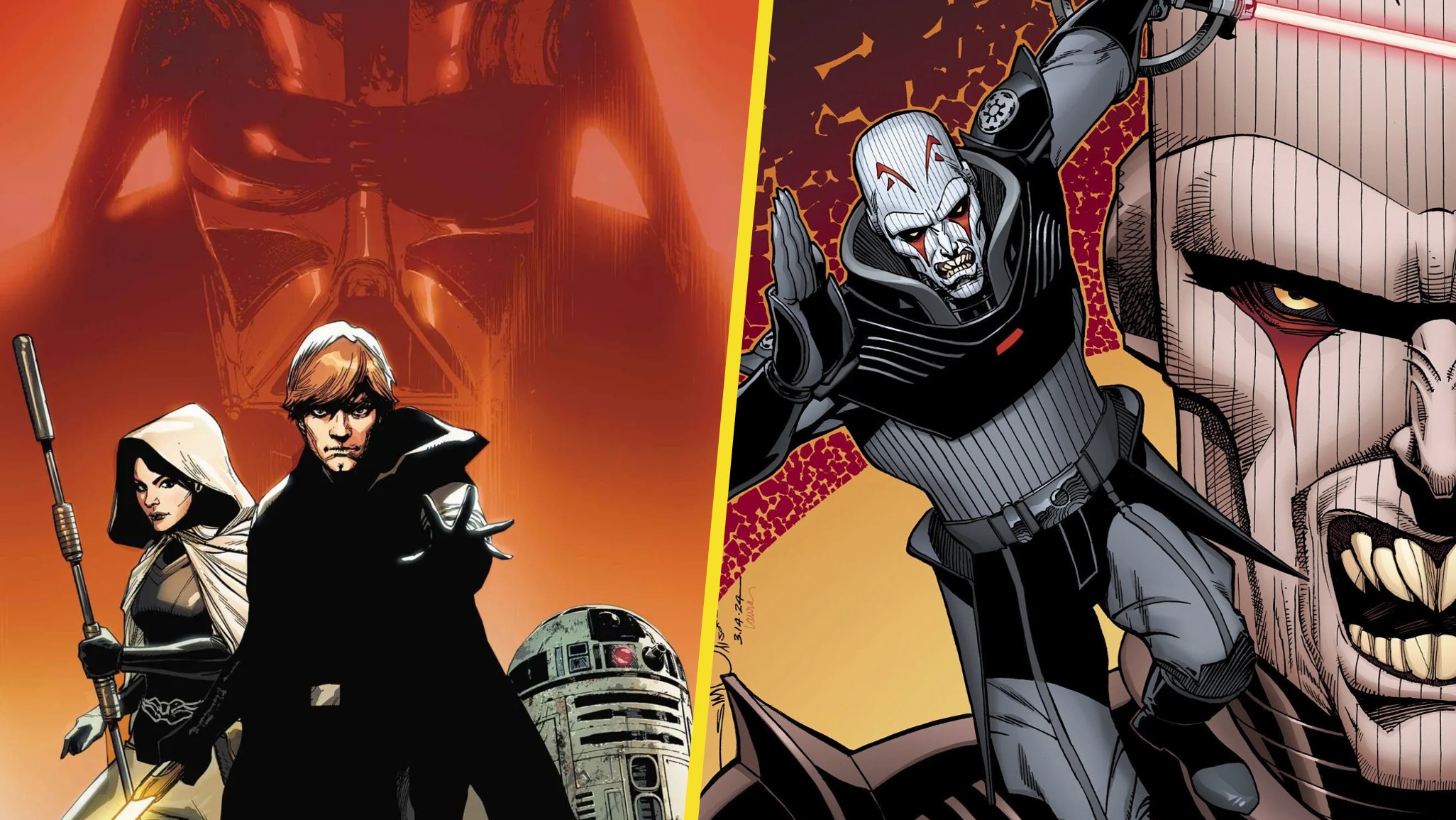Movie Review – ‘Glass’
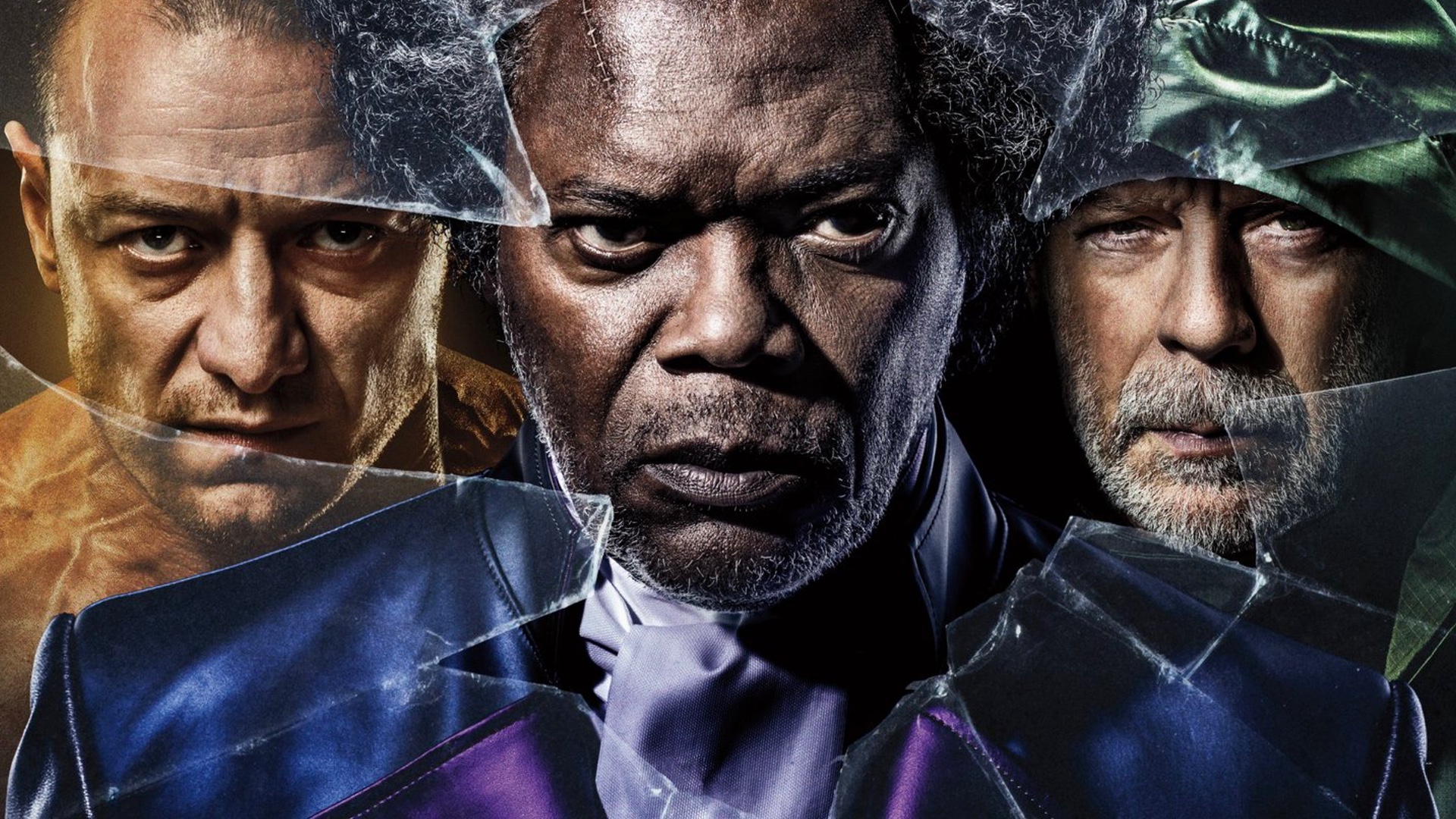
It’s been nineteen years since audiences were first introduced to David Dunn and Elijah Price, better known as Mr. Glass, in Unbreakable. It gave us an unexpected look at what a super hero might look like in the real world at a time when there were few super heroes to be seen on the big screen. But in our era of comic book movies, does Glass have anything new to say about the genre?
In Glass, writer and director M. Night Shyamalan brings together the worlds of 2000’s Unbreakable and 2016’s Split. Whilst Glass tells you what you need to know, I would highly recommend watching both before seeing it as so much of the character’s depth and development comes from those original movies. Minor spoilers follow.
Glass provides an enjoyable return to that world. Set shortly after the events of Split, the opening act of the film, which sees Bruce Willis’ David Dunn, aided by his son (Spencer Treat Clark, also returning from Unbreakable), tracking down James McAvoy’s The Horde, is arguably the strongest part of the movie. Shyamalan knows how to build up the suspense, cutting between Dunn’s search for the killer and the many personalities of The Horde who are holding girls hostage as sacrifices for The Beast, the murderous and super human 24th personality of McAvoy’s character.
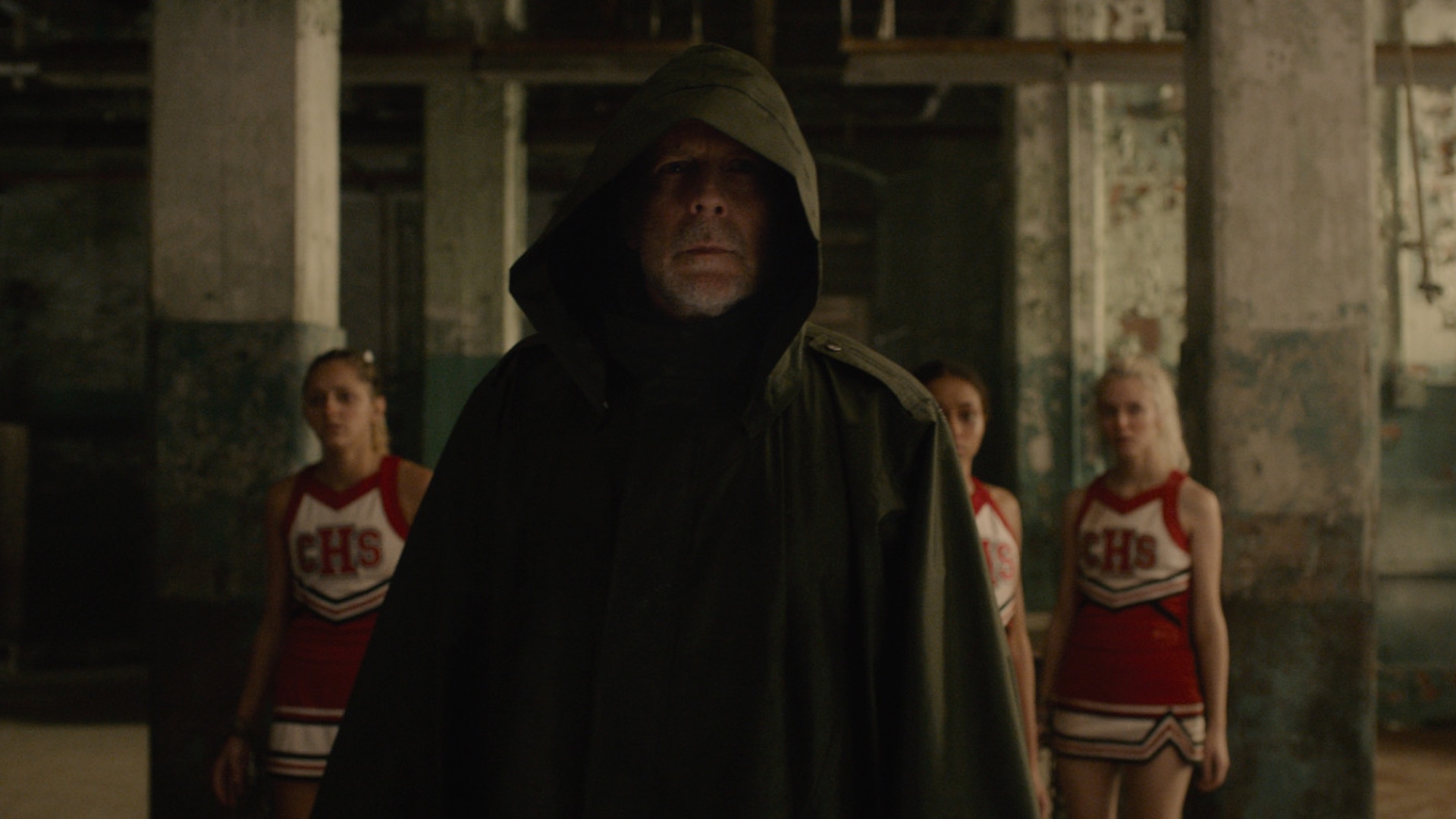
It’s this confrontation that brings Dunn and The Horde to the same institution that holds Samuel L. Jackson’s Elijah Price, and into the care of Sarah Paulson’s Dr. Ellie Staple, a psychiatrist who specializes in those who believe they are superhuman.
Though the discussions between Staple and her patients are interesting as she tries to convince them they are not extraordinary beings, they ultimately can’t disguise the pacing issues in the second act. What saves the film here are the incredible performances of the lead actors. James McAvoy is a tour de force as the many personas of The Horde, changing between characters in an instant, each with their own posture, voice, and mannerisms. You can tell just in his physicality which member of The Horde he is at any given moment.
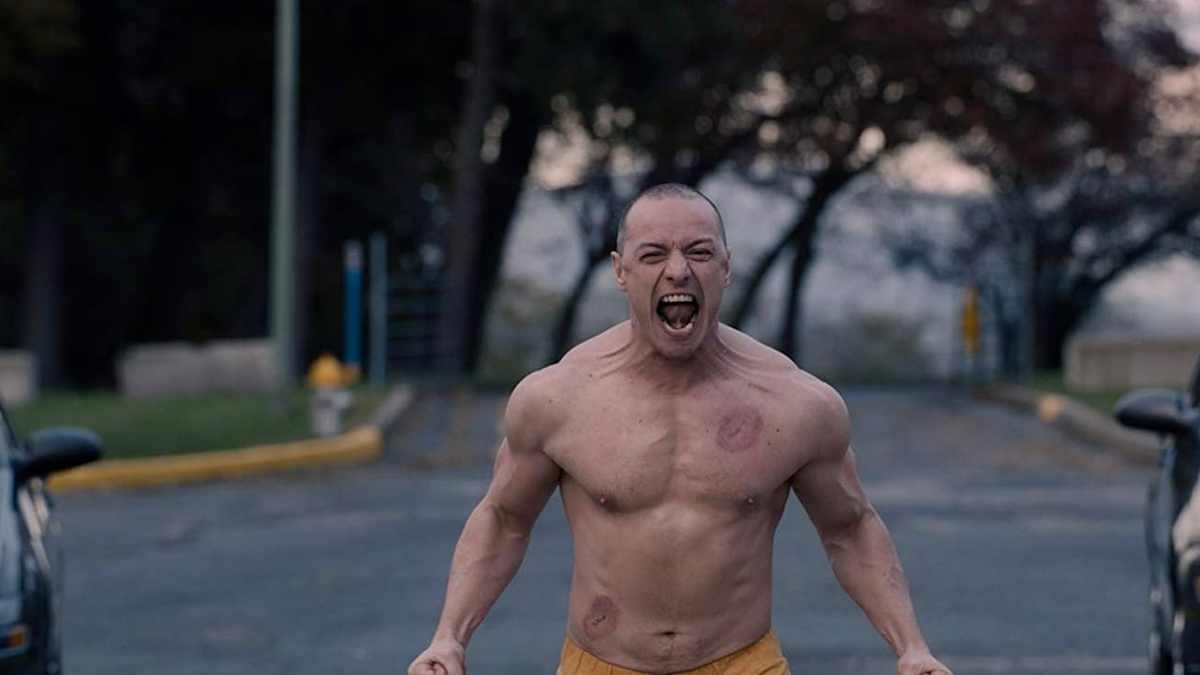
Whilst McAvoy goes all out, Bruce Willis plays Dunn with the same subtlety he did in Unbreakable. It’s a contrast that plays well between the two characters. Dunn has embraced his life as a secret hero and I enjoyed his character arc in the film, though I do feel it may have benefitted if Glass had been released closer to Unbreakable as part of it didn’t ring true for me when you consider that Dunn has been a hero for the last nineteen years.
Jackson’s titular Mr. Glass doesn’t appear until the second act of the movie. Though his plan and manipulations ultimately drive the narrative into the third act, and Jackson is great in the part as you would expect, I can’t help but feel he is under used here. I loved seeing him back as Mr. Glass, but ultimately he felt more like a supporting character in the stories of Dunn and The Horde than the title character of the movie.
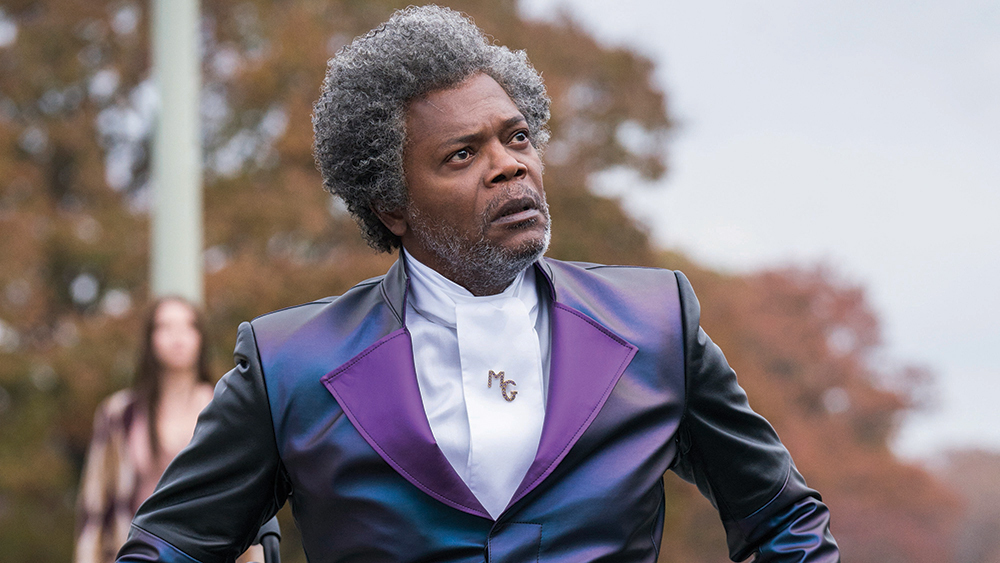
Anya Taylor-Joy’s Casey Cooke makes a welcome return as well. I was initially unconvinced by the bond between her and Kevin, the first of McAvoy’s split personalities, after the events of Split it felt out of character, but she and McAvoy made it work on the strength of their performances.
Shyamalan’s twists are well known at this point and Glass continues that tradition, though this time most can be seen coming. There was still one moment that did genuinely surprise me, and the final twist, whilst not surprising, did feel satisfying after the climatic showdown.
But then, a comic fan may say the same about Unbreakable‘s twist. After all, the hero’s friend or mentor becoming their nemesis is comic book origin 101. Unbreakable had the advantage of coming out before the comic book movie explosion of the last decade. It was a deconstruction and reinvention of comic book tropes before Nolan took a “heightened reality” approach to Batman. Glass‘s biggest failure is that it doesn’t have anything new to say. “That sounds like the bad guys teaming up.” Mr. Glass says in the trailer. In Glass Shyamalan hits different tropes to Unbreakable, with Mr. Glass literally pointing them out as they happen, but rather than exploring or reinventing the old clichés Glass just seems to be trying to check off as many as it can before the end of the movie.
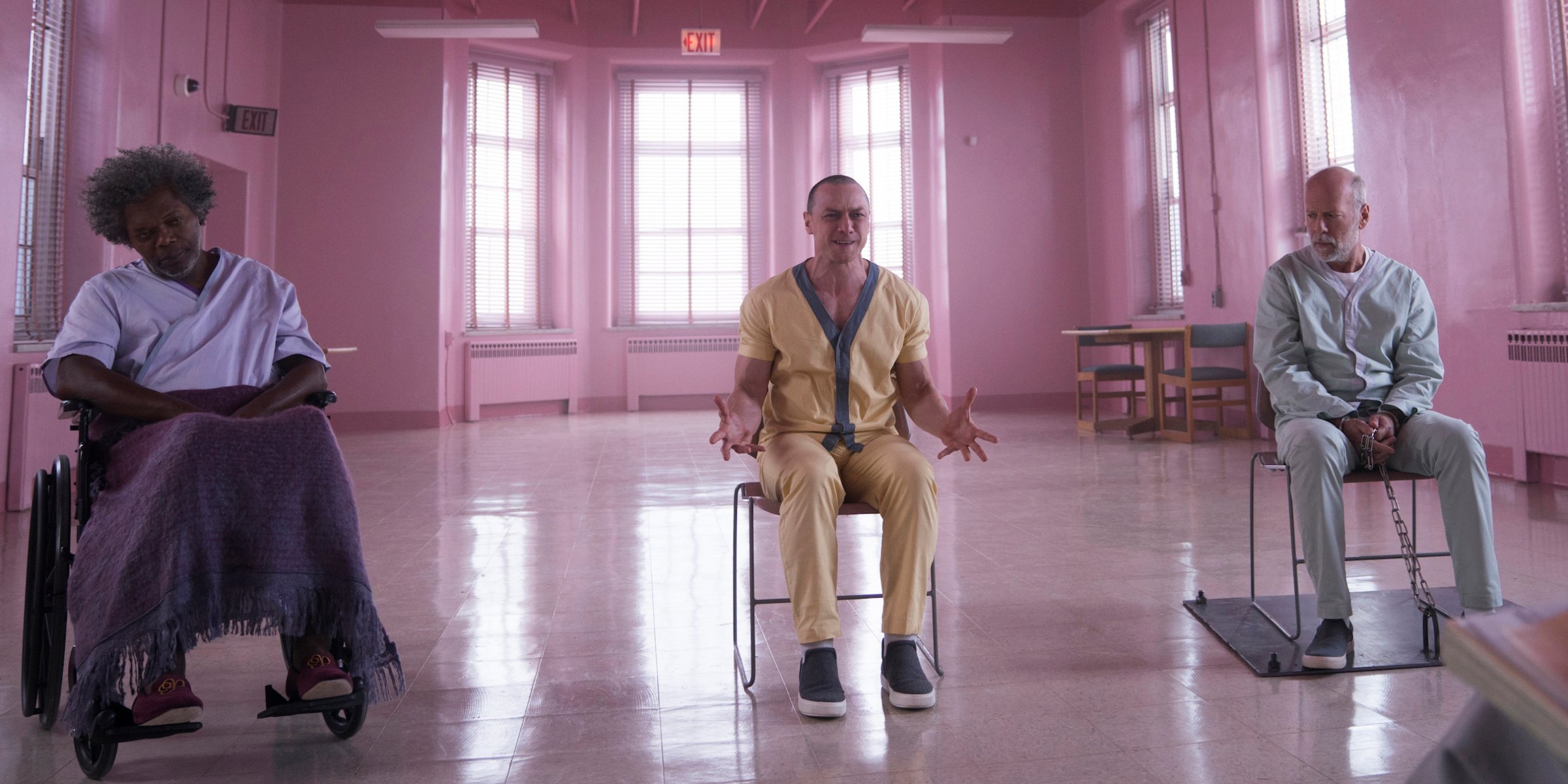
Ultimately, Glass is a good movie, and an enjoyable movie, it’s just not the great movie many were hoping for after nineteen years of waiting. The lull in the second act and some character issues are overcome by the fantastic performances of the cast, and if you are a fan of the first two movies I would certainly recommend seeing how the story turns out. As for a potential sequel, there’s still one major comic book trope I can think of that Shyamalan hasn’t tackled in this trilogy. Glass certainly ends the story, but aren’t all good comic books “to be continued”?
Glass opens January 18th.



